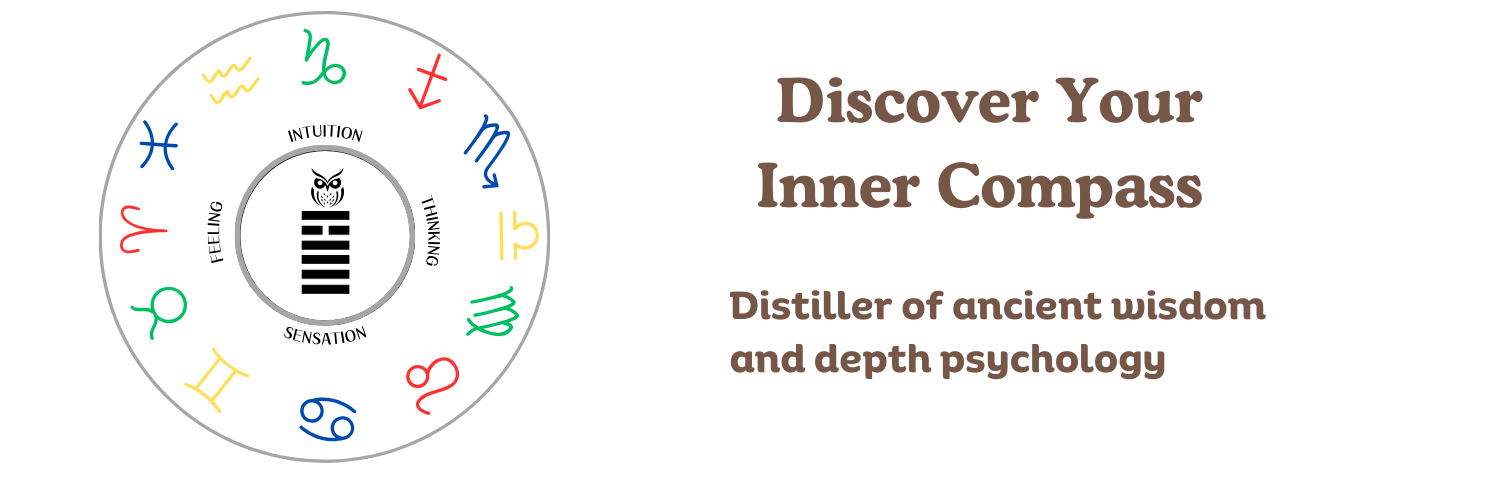Someone on Instagram who is new to individuation and Jung recently messaged me to ask for book recommendations. I’ve been asked this before so I figured I would put my list in a blog post as well.
First I’ll quick mention that a few months ago I started a monthly email where I give very brief book reviews of the books I read the previous month. This is separate from the emails of my blog posts and the content in those newsletters isn’t posted on my blog. Click here if you would like to subscribe to the book newsletter. It is kind of an extension of my Instagram where I post daily quotes from the books I read.
OK, here is the list of my recommended Jungian books:
Creating a Life by James Hollis (and all books by James Hollis). I can’t think of a better gateway to Jungian psychology. He is a former English literature professor and writes in an elegant way.
Inner Work by Robert A. Johnson. His writing is so clear and he explains the practices of dream work and active imagination in a way that is easy to understand and immediately start implementing.
The Force of Character by James Hillman. I love Hillman’s work. This book is the one to start with if you haven’t read any of his other books. He considered himself a renegade psychologist and taught at the Jung Institute in Zurich early in his career. After you read that book, I recommend The Soul’s Code: In Search of Character and Calling and We’ve Had 100 Years of Psychotherapy – And the World’s Getting Worse. Hillman is a deconstructionist so I feel it’s important to read his more accessible books first, and also first gain more of an understanding of the Jungian basics, before reading his other books.
The Way of Woman by Helen Luke. Full of gentle wisdom. I especially like her compassionate take on divorce and her insights on Christianity, the I Ching, and spirituality.
Jungian Spirituality by Vivianne Crowley. This gives a brief overview of Jung’s life and his main areas of expertise, such as alchemy, astrology, personality types, and more. I especially enjoy the chapters about Jung’s insights on Christianity and eastern religions. This is written in a very accessible way.
The Heroine’s Journey by Maureen Murdock. This is a little dated at times because it was written in the early 1990’s, but the insights about mother/daughter relationships alone make it a worthwhile read.
Jung: His Life and Work by Barbara Hannah. Hannah spent a considerable amount of time with Jung and lived near him when she was roommates with Marie-Louise von Franz. This biography of Jung is a pleasure to read and has many behind-the scenes glimpses of his daily life and she shares a lot of the things he said in conversation with her. She also doesn’t shy away from telling some of the details about his relationship with Toni Wolff. She manages to provide a mostly objective take on Jung, although here and there you can see the adulation.
C.G. Jung Speaking is a collection of excerpts from Jung’s letters and speeches arranged in chronological order. It also contains reflections from people who knew Jung and recount conversations with him. I read this slowly over a few months and was enthralled with experiencing Jung in this way. It was like spending time with Jung and I learned so much more about him.
If you read any of these books, feel free to message me on Instagram or via email and let me know what you think of the book. If you’d like recommendations for Jungian books about personality types and astrology, let me know, and I’ll give you some.
